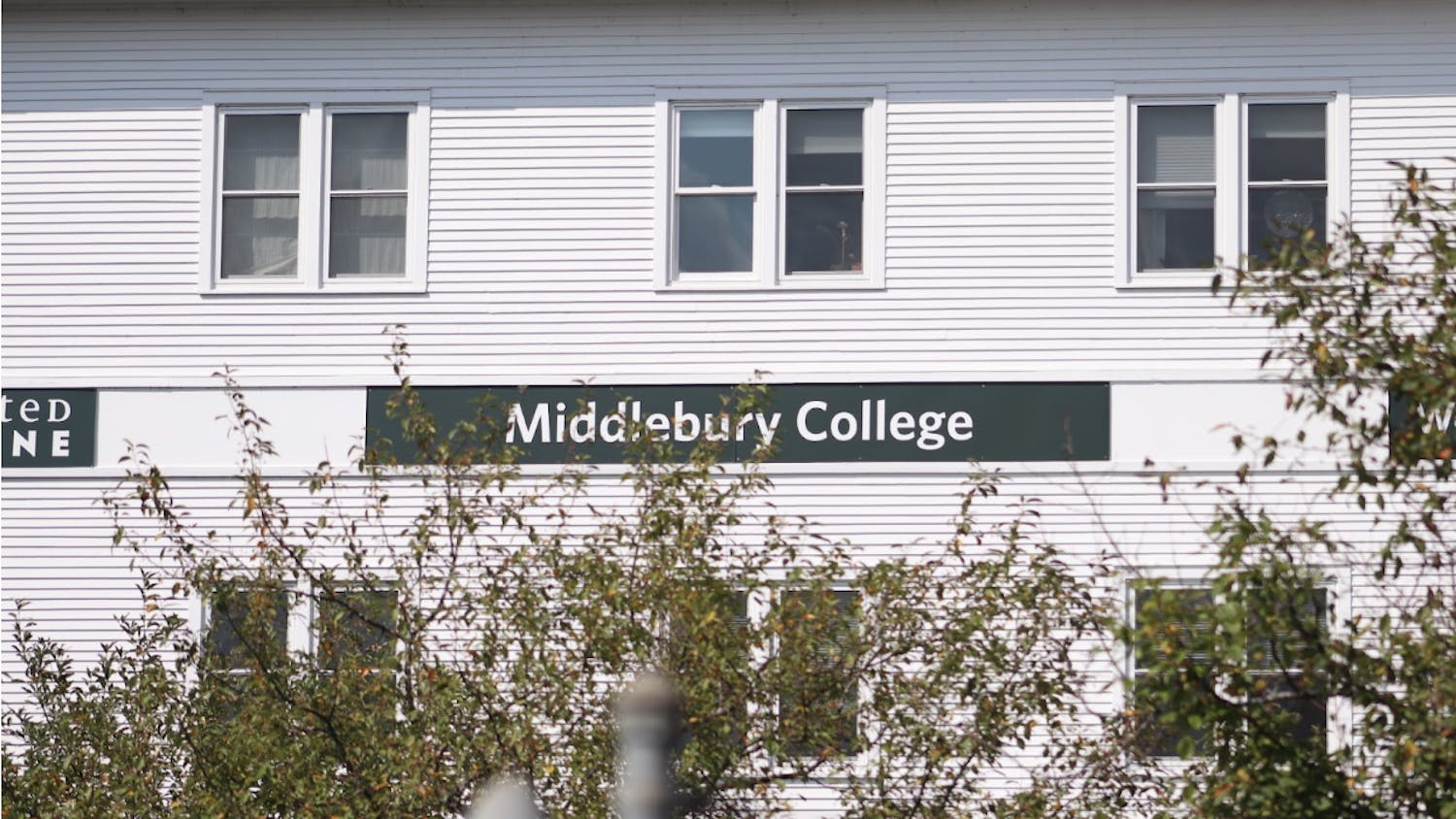Middlebury students are often taught that the skills a Middlebury education fosters are ones that will prepare us to be leaders, to make our own informed decisions or to strike out on our own paths. The “Our Students” tab of the college’s website even touts that Middlebury is home to students who want to “make [their] own future.”
But even with a student body full of current and future leaders, the college rarely empowers students to shape the community they want to see. Instead, decisions that have a drastic impact on student life — some recent ones include changes to the schedule, a tuition increase and the club sports tier system — are made in meetings we are not invited to, based on information that is never shared with us and determined without broad input from those it will impact most. We often only learn an issue was ever up for discussion after it has already been decided.
Students need a voice in the future of the college. We want to see a cultural shift in the way Middlebury thinks about the decision-making process — one where administrators and other college employees with decision-making power proactively gather student feedback before major changes are set in stone.
The college has made efforts to make space for student voices in some cases. Some administrators hold office hours, work with Student Government Association (SGA) representatives or run ideas by the students they already know. While we appreciate these efforts, they are not solutions. Administrators’ office hours are few and far between. Turnout for SGA elections is low — some students do not even know who their class representatives are — in part because students lack faith that the SGA has an impactful voice.
We feel that there is still a major disconnect between students and the administration; due to the nature of their jobs, administrators do not interact directly with students as frequently as faculty and many college staff members. But given that the administration holds nearly all the decision-making power at the college, we feel that there should be greater efforts to connect with students and seek out their feedback, constructive criticism and ideas.
We get that the college has to make tough decisions sometimes — including ones that students will not like. But if students are involved in those conversations from the start, they’ll understand why the college had to make those decisions.
In general, we propose that existing feedback infrastructure be expanded. This could take the form of expanded and better-advertised office hours. It could also take the form of a centralized feedback form or regular open forum conversations. Every graduating senior receives a link to a required “post-graduation survey,” a tool that collects student opinions and feedback on their college experience. We propose that this survey be offered to students after the completion of each of their years at Middlebury. This will allow the administration to gather more comprehensive information about the student experience over time and across classes that can hopefully help inform future policies.
While we do feel that faculty do a fairly good job of seeking out and incorporating student input when making decisions, we think there are a few places where this could be done more consistently. Many, but not all, departments have student advisory committees — ensuring that all departments have such a committee and that they have regular meetings or tasks could boost student engagement and afford students another opportunity to provide feedback.
Many of the college’s biggest decisions — such as those about the comprehensive fee, new building projects and budget plans — are approved by the Board of Trustees. Decisions made by the Board impact current and future students, but many will go their entire Middlebury experience without ever speaking to a Board member. We feel there is certainly room for improvement in terms of contact between students and trustees — the bar is set pretty low. There are two student constituent advisors to the College Board of Advisors, but they are non-voting members, one of them is appointed by SGA and they only sit on that particular branch of the Board. The college recently announced plans to appoint a recent alum — a student who will have graduated at some point between 2019 and spring 2023 — to the Board. While this is a step in the right direction, can that alum really speak to the experiences of current students, especially if they graduated prior to the onset of the Covid-19 pandemic? We feel that the college should consider increasing student representation within the Board of Trustees setting — perhaps allowing the student body to elect a student representative who could serve as a voting member.
Some members of our Editorial Board pointed out that when the college offers feedback opportunities, there is often low turnout or engagement. We think that some of this has to do with a lack of awareness about these opportunities, but we also believe much of this has to do with a culture surrounding student input. When students do not feel that their thoughts or ideas will genuinely be taken into account when the college makes decisions, they do not want to take the time to voice them.
But this goes both ways. If students want to be given a greater say in the decisions of the college, they need to respect the spaces they have access to already. And if opportunities for input do become more widely available, we urge students to participate.
Students care deeply about this institution. We believe that if students felt that the college truly valued their input, they would be more willing and excited to provide it.
In recent years, students have pushed for the college to divest from fossil fuels, raise wages for employees, offer tenure-track positions to beloved professors, bring back MiddView trips for first years, and, recently, switch over to a new bank for college purchasing cards. It’s clear many students are invested in this college, even in the kinds of decisions that they could easily go four years choosing to overlook. Student input and advocacy has been integral in shaping the college’s image as a leader in sustainability efforts among its peers — something that is a major part of the college’s “brand.” But in all these advocacy efforts, students have had to find a foothold in the issues while they were already ongoing. Imagine what it might look like if they were invited to the table from the outset.
Students may only be here for four years. But that doesn’t mean we can’t be invested in the college’s future. If Middlebury students are indeed future leaders — then let them lead.




